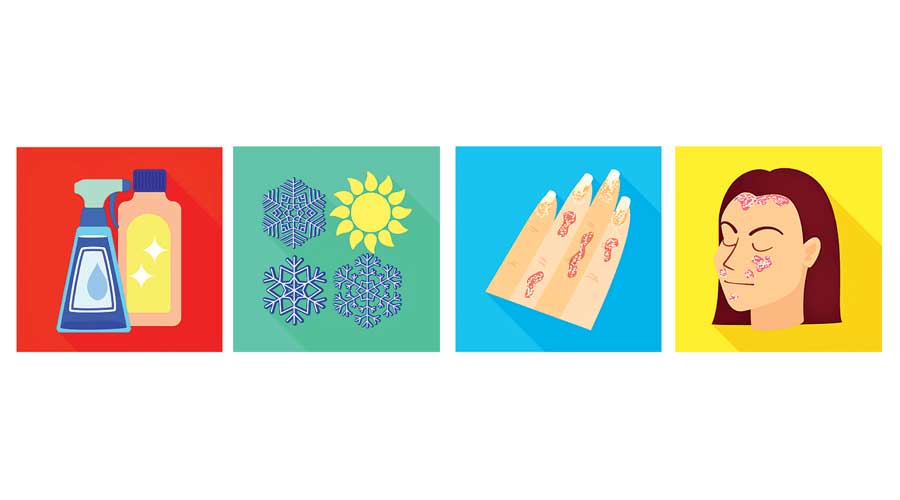ASK A PHYSICAL THERAPIST
- 13 Apr - 19 Apr, 2024

When should I start using anti-aging products?
Anti-aging products used to be associated with 40-somethings, but they’ve become increasingly popular among younger age groups. Some patients use anti-aging products before any signs of damage, which is great, but most patients begin when they start seeing permanent changes to their appearance. If you have the foresight and commitment to do so, beginning proper skin-care routines in early adulthood is fantastic and you’ll likely thank your younger self in the future. When it comes to products, every single dermatologist has never spoken about anti-aging without linking it back to one product type: SPF. The best and most cost-effective anti-aging option for any patient is applying SPF topicals regularly. It doesn’t matter if it’s a combination moisturiser with SPF or simply just an SPF – that protective barrier from the harmful sun rays is your best long-term preventative option.
Should I be switching out my skin-care products regularly so that my skin doesn’t get used to them?
We often hear that our hair can get used to the shampoos we use, thus making them less effective. It’s only natural to assume that the same rings true for our skin-care. While the idea of a product losing efficacy due to sustained use does make sense, we haven’t seen this be true for over-the-counter skin-care products, especially when it comes to retinoids. Retinoids continue to have increasing results over the first six months of use and actually require the patient to continue regular use to maintain results. Bottom line, you’re in the clear to continue using your favourite formulas so long as your skin isn’t responding with adverse effects.
How should I exfoliate if I have acne?
Exfoliating can be confusing if you have acne. On one hand, if you neglect to exfoliate pore-clogging build-up, a pimple may rear its head. On the other hand, if you do exfoliate when you have breakouts, you run the risk of exacerbating said breakouts. Exfoliation should not be overdone – patients end up creating flare-ups or a negative feedback loop of issues they’re trying to remedy by overdoing it. Instead, we recommend starting slowly (once a week) and only titrating up based on how your skin responds. If you’re blemish-prone, opt for a salicylic acid-based exfoliant – it’s touted in the beauty world as acne’s best friend, and for good reason. Salicylic acid rarely irritates and is lipophilic (meaning, it cuts through the oil in the hair follicle of acne-prone skin).
COMMENTS